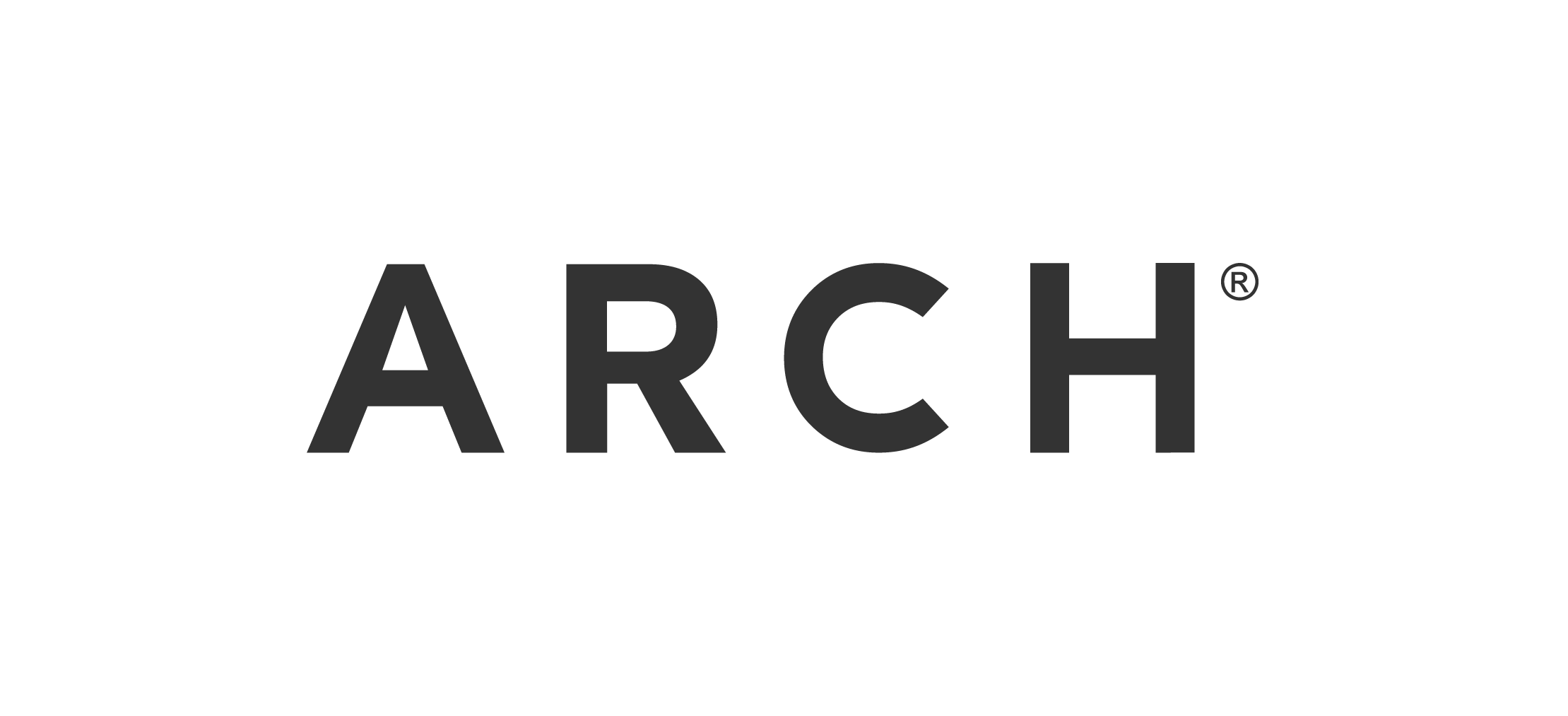

Arch Textiles Manufacture Corp.

Shanghai, China
February 2021
Textiles
Manufacturing
China,
United States
Established over a decade ago in Shanghai, China, Arch is committed to creating a better future through sustainable textile innovation. They produce high-performance fabrics for a wide variety of users, including fashion, outdoor, athleisure, and activewear users. Their proprietary technology infuses fabrics with active particles to create permanent attributes such as antimicrobial, cooling, and UV protection. The Magnif-Eco® Recycled Fibers can be analyzed and confirmed by third-party verifiers, and their SavMor® Colored Yarn technology enables them to reduce their water consumption by 70%, gas by 40% and electricity by 25%. Arch's goal is to establish a global reputation as a socially responsible company at the cutting edge of sustainable textile innovation. Their state-of-the-art facilities provide safe and healthy working conditions for all their employees.Their factory labor standards are consistent with global workplace norms, and they work with several third-party certification groups to improve transparency, including Bluesign, OEKO-Tex, GRS, GOTS. Arch's commitment to making the world a better place begins at home.They empower community members and help the local economy through the Small Business Support Program, which shares their managerial strengths and innovation.
Overall B Impact Score
Governance 7.5
Governance evaluates a company's overall mission, engagement around its social/environmental impact, ethics, and transparency. This section also evaluates the ability of a company to protect their mission and formally consider stakeholders in decision making through their corporate structure (e.g. benefit corporation) or corporate governing documents.
What is this? A company with an Impact Business Model is intentionally designed to create a specific positive outcome for one of its stakeholders - such as workers, community, environment, or customers.
Workers 24.5
Workers evaluates a company’s contributions to its employees’ financial security, health & safety, wellness, career development, and engagement & satisfaction. In addition, this section recognizes business models designed to benefit workers, such as companies that are at least 40% owned by non-executive employees and those that have workforce development programs to support individuals with barriers to employment.
Community 17.1
Community evaluates a company’s engagement with and impact on the communities in which it operates, hires from, and sources from. Topics include diversity, equity & inclusion, economic impact, civic engagement, charitable giving, and supply chain management. In addition, this section recognizes business models that are designed to address specific community-oriented problems, such as poverty alleviation through fair trade sourcing or distribution via microenterprises, producer cooperative models, locally focused economic development, and formal charitable giving commitments.
Environment 32.1
Environment evaluates a company’s overall environmental management practices as well as its impact on the air, climate, water, land, and biodiversity. This includes the direct impact of a company’s operations and, when applicable its supply chain and distribution channels. This section also recognizes companies with environmentally innovative production processes and those that sell products or services that have a positive environmental impact. Some examples might include products and services that create renewable energy, reduce consumption or waste, conserve land or wildlife, provide less toxic alternatives to the market, or educate people about environmental problems.
What is this? A company with an Impact Business Model is intentionally designed to create a specific positive outcome for one of its stakeholders - such as workers, community, environment, or customers.
Customers 3.4
Customers evaluates a company’s stewardship of its customers through the quality of its products and services, ethical marketing, data privacy and security, and feedback channels. In addition, this section recognizes products or services that are designed to address a particular social problem for or through its customers, such as health or educational products, arts & media products, serving underserved customers/clients, and services that improve the social impact of other businesses or organizations.